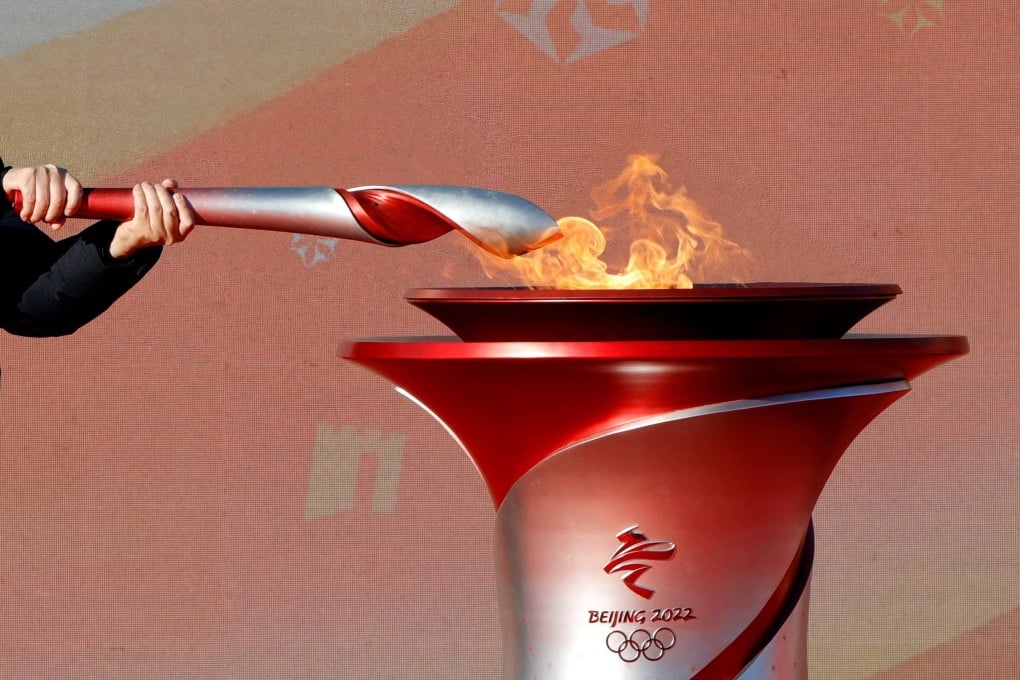China is ready: what ‘splendid’ Winter Olympics would mean for President Xi Jinping as VIP guests start to arrive
- Observers expect Chinese leader to ride Games momentum to push development agenda and prepare the – country for post-Covid opening up
- Western boycotts mean little to nationalist Chinese who see such moves as conspiracies to curb China’s rise, analyst says

Observers said while the West’s absence highlights the tough geopolitical challenges facing China, Xi is expected to ride on the momentum of the Games to push forward his development agenda and prepare the country for a gradual opening-up when the Covid-19 pandemic retreats.
“From ‘One World-One Dream’ in 2008 to ‘Together for a Shared Future’ in 2022, China has taken an active part in the Olympic movement and consistently championed the Olympic spirit,” he said.
“The Olympic Winter Games will open tomorrow evening and the world is turning its eyes to China. China is ready. We will do our best to deliver to the world a streamlined, safe and splendid Games,” he was quoted as saying by Chinese state media.
The February 4-20 Games make Beijing the first city to host both the summer and winter Olympics.
